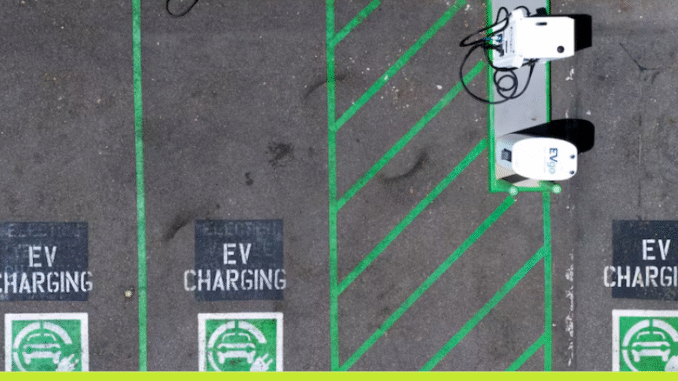
Indian advanced materials manufacturer, Epsilon, is on the verge of securing significant supply deals with Japanese and South Korean battery makers operating in the United States. This opportunity arises directly from Washington’s recent decision to impose a punitive 93.5% anti-dumping tariff on graphite anode materials imported from China, effectively disrupting Beijing’s near-monopoly on this critical EV battery component. Vikram Handa, Managing Director of Epsilon, stated that discussions have accelerated, and he anticipates finalizing contracts within the next 60 to 80 days.
$650 Million North Carolina Plant Moving Forward
The new tariffs have made Epsilon’s planned $650 million factory in North Carolina a highly viable alternative for U.S.-based battery manufacturers seeking to diversify their supply chains. The company, which has been securing permits and environmental clearances, is now more confident in moving forward with the project. The plant is expected to have an initial capacity of 30,000 tonnes of anode materials annually and is projected to be operational by mid-2027. This facility is crucial for the U.S. market, which requires approximately 500,000 tonnes of anode materials per year, a demand largely met by China until now.
A Push for Domestic Sourcing in India
While the U.S. market presents a clear opportunity, Epsilon is also urging Indian companies to reduce their dependence on Chinese imports. The anode is a key component of EV batteries, influencing both fast-charging capabilities and vehicle range. Handa is encouraging Indian firms to source at least 20% of their anode materials from Epsilon to mitigate risks associated with potential supply disruptions from China. He expressed concern that without domestic demand, establishing a planned $1.1 billion, 100,000-tonne facility in Karnataka, India, becomes challenging.
Strategic Importance in the Global EV Supply Chain
The U.S. tariffs on Chinese graphite have highlighted the strategic vulnerabilities in the global EV battery supply chain, which is over 90% dependent on China for refined graphite. Epsilon’s move to establish manufacturing facilities in both the U.S. and India positions it as a key player in building a more resilient, non-Chinese supply chain for critical battery materials. This strategic positioning is vital as the global demand for EVs and energy storage solutions continues to surge.


